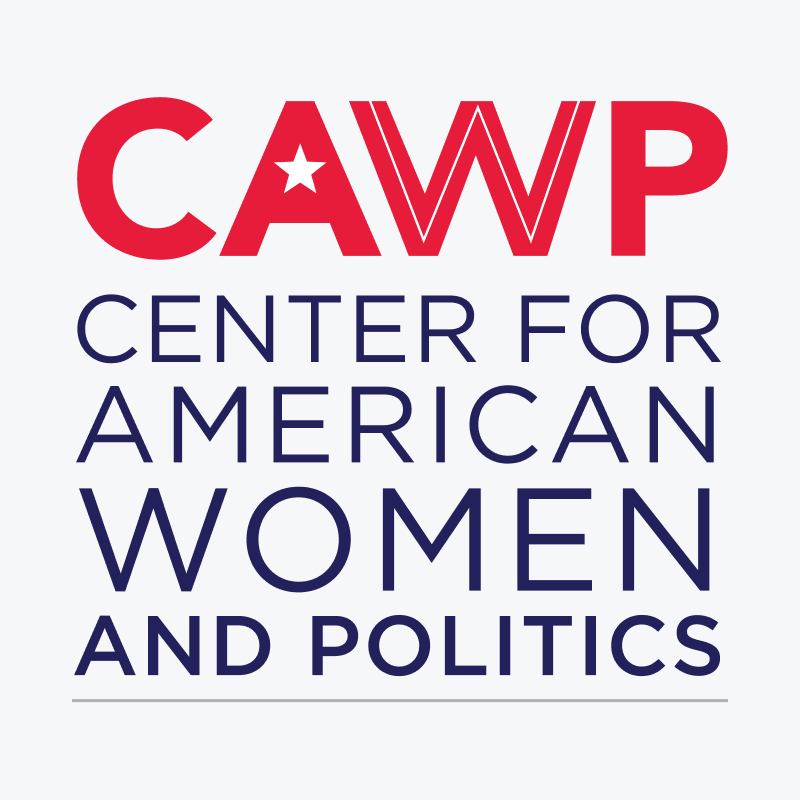A record number of are women running for office in 2018, and a new class of women political hopefuls spanning all ages, ethnicities, and backgrounds. A question remains: how will voters respond when they see a sea of women on the ballot?
According to new research from The Barbara Lee Family Foundation, a number of factors make a uniquely favorable year for women on both sides of the aisle. In fact, the findings from our latest nationwide poll indicate that it is truly an excellent time to be a woman running for elected office.
While incumbents traditionally hold advantages, American voters are increasingly frustrated with the political status quo. Women have the opportunity to represent change by emphasizing the fresh perspective and distinctive approach they will bring to governing. In a sea of male—mostly white—elected officials, women stand out, and decades of study show that women do indeed govern differently. In 2018, women are turning their outsider status into an asset by showing voters that a vote for a woman is a vote to shake up the system and solve problems.
However, even in an environment favorable to outsider candidates, women must demonstrate that they are strong leaders who can get things done in office. Our research has consistently shown that women must go further than men to prove their qualifications to voters.
BLFF’s findings also show that while gender remains a factor in voters’ perceptions of candidates, the impact of gender stereotypes on women candidates today is not automatically negative. Many of the characteristics voters associate with women—including honesty, integrity, and authenticity—are highly valued by today’s electorate. Unsurprisingly, the strength and impact of these perceptions depends largely on candidates’ and voters’ respective party affiliations. Still, in many categories, women on both sides of aisle benefit from their gender, with Democratic women candidates accentuating traditional Democratic advantages on issues like health care and education, and Republican women overcoming some of the weaknesses voters typically associate with women, like national security.
While every candidate is different, understanding voter perceptions of gender can help women lean into their advantages while controlling for those areas in which they may be more vulnerable. Our research affirms that women can win when they showcase their accomplishments, demonstrate their passion for key campaign issues, and highlight the difference women make when they serve as elected officials. In the Texas primary, more than half of the women candidates for the U.S. House either won a nomination or secured a position in a primary runoff contest.
If the trend from the Texas primary is any indication, 2018 will indeed be a year to remember for women candidates.






